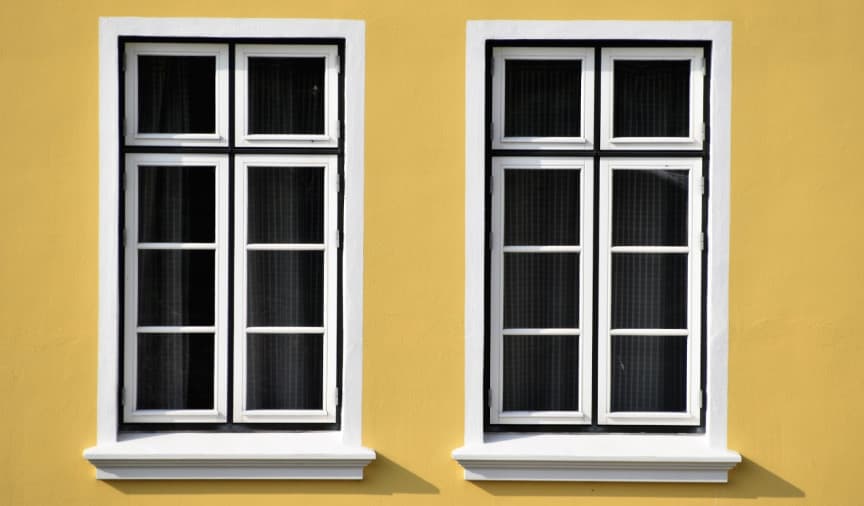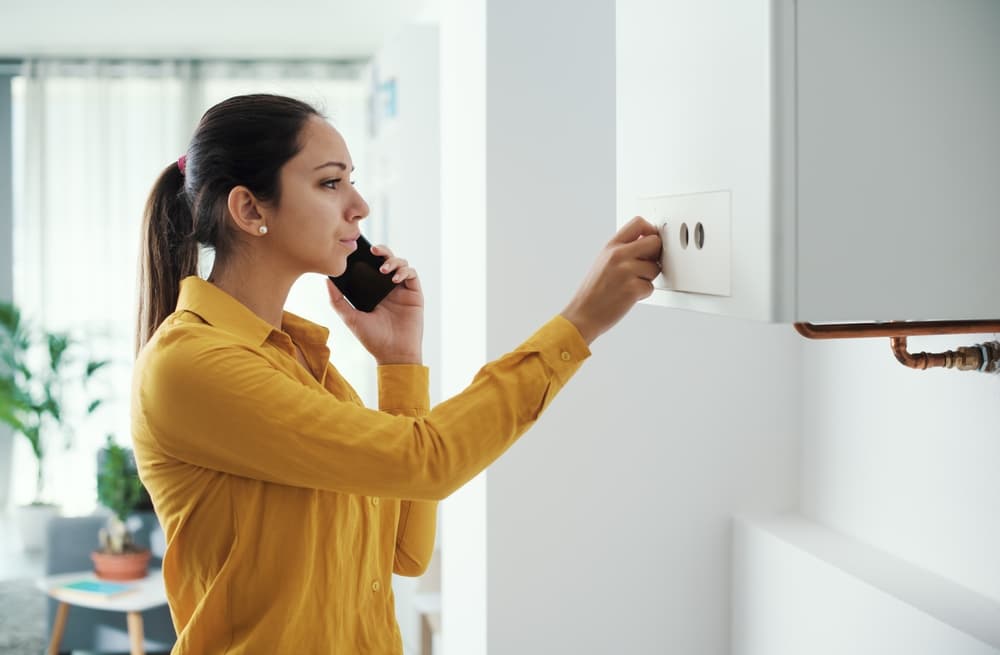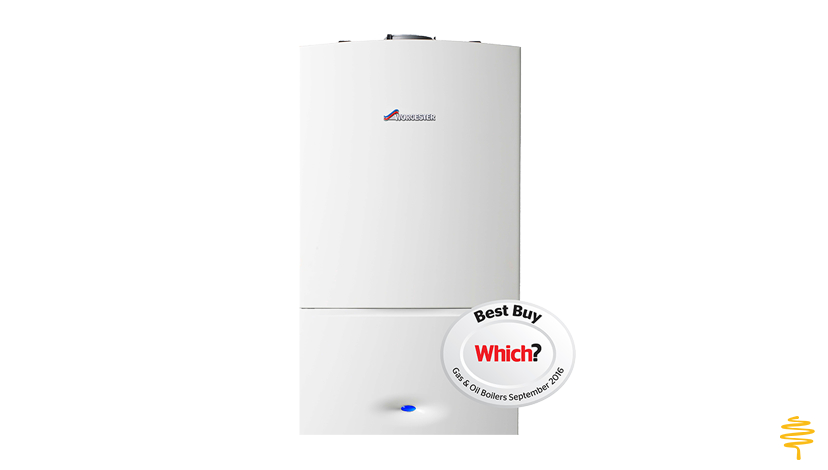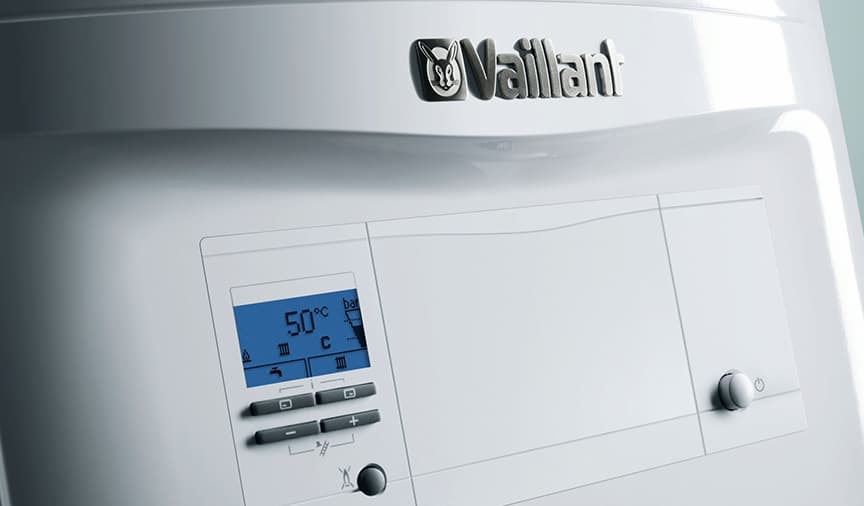Types of window locks

Installing new windows in your property? You’ll need to consider how you’re going to make them secure.
A quick online search will bring up thousands of different types of window locks, so where do you start? Our first tip is to identify the type of windows you’re installing. Modern UPVC window handles will require different locks to say a traditional sash or casement window, so identifying your window type is crucial.
Next, you’ll need to research your options. What’s the best type of window lock for your window? Is it easy to install? Will it deter thieves or act as a safety feature?
To give you a helping hand and get you on the right track, we’ve put together a quick guide to the different types of window locks available. But first, let’s look at why it’s a good idea to install window locks in the first place.
Why are window locks important?
First and foremost, window locks can help to prevent intruders from entering your home. Sure, they could just break the window but it’s not in their best interest to do so. You see, breaking a window could alert your neighbours or anyone passing by your house to their presence. Burglars are much more likely to look for easy, hidden access, such as through windows that haven’t been properly secured.
If you’re taking out home insurance, you will need to know what type of window locks you have. Home insurance providers will only offer cover if you have adequate locks on your windows.
Window locks are also an important safety feature. If you have young children living in your home, windows must be locked at all times.
What are the different types of window locks?
Keyed locks
One of the best ways to secure single and double-hung windows is with a keyed lock. They are installed on the side of your window and will secure it to its frame. As the name suggests, these window frame locks require a key for both locking and unlocking, so it’s important not to lose it! Keyed locks are also a popular choice of sliding window lock.
Window latches for additional security
Window latches are one of the most popular types of window locks for single and double-hung windows that are not made of standard UPVC. Window latches feature both levers and window catches and are usually installed on the top of a window sash. As well as providing a layer of security, installing window catches and latches can help to keep your energy bills down, as they stop heat from escaping from your windows and also create a seal to keep the cold out.
Generally speaking, window latches and window catches should only ever be used as a secondary lock. It’s important to use more comprehensive locks to reinforce the security of your windows.
Child safety window latches
If you have young children living in your home, it’s recommended that you install child safety latches on your windows. Child safety latches prevent your windows from being fully opened. Instead, they will only open to a certain degree, so you can safely ventilate your home, without the risk of your children accidentally falling out.
It’s worth noting that child safety window latches are more of a safety feature and aren’t window security locks that will keep intruders out.
UPVC window locks
UPVC window handles tend to have keyed locks, however, there are different types available. Here are the three most popular types of UPVC window handles.
Espag window handles – Available as either in-line or cranked. In-line UPVC window handles are straight in design and can be turned either left or right. They are often referred to as ‘universal’ window handles. Cranked handles come in either left or right hand variations. Espag UPVC window handles have a spindle at the back, which comes in various sizes, most commonly: 15mm, 20mm, 30mm and 40mm.
Cockspur handles – These UPVC window handles have a spur on the back (instead of a spindle,) which is positioned onto a wedge. You can purchase left and right hand versions, with various backsets.
Tilt and turn handles – As the name suggests, tilt and turn UPVC window handles are specifically designed for tilt and turn windows.
Sash window locks
Traditional sash windows give a property character but they are vulnerable to break-ins. With this in mind, you must invest in window security locks.
Barrel locks, which operate with a key, are a popular choice for sash windows. They fit securely into the window sash. You can also buy ‘stops’ that sit within the frame as an additional level of security to prevent forced entry.
Casement window lock
Casement windows attach to their frames by side hinges. They are usually made from either wood or metal and can be fitted with a casement window lock that completely locks the window or one that restricts how far a window can be opened.
One option is to purchase an automatic casement window lock. These are time-saving and convenient as you only need to close the window and it will lock automatically. To open the window, you will need a key.
Alternatively, you can buy a press button lock. To lock the window, simply press the button. To unlock the window, you will need to use a key, which will only work if the button has been pressed in.
You could also fit a swing window lock. This type of casement window lock requires a key for both locking and unlocking. Along with adding security to your casement window, a lock of this kind will also pull the fixed and opening casements tightly together, therefore helping to draught-proof your property.
Complying with home cover
So there’s our quick guide to the different types of window locks available. We hope we’ve given you a better idea of the types of window locks you need for your home. If you have any questions regarding installation, we’d suggest contacting a local, reputable locksmith. And don’t forget to double-check that your window locks comply with your home insurance policy before installation, just to be on the safe side!
We Beat or Match Any Quote
Call 0330 912 4843 and we’ll beat or match any quote.
Serious About Service
24/7 claims support & rated Excellent on Trustpilot
Cover Match Guarantee
Get a £50 gift card if you find something we don’t cover
All Gas Boilers Covered
All makes and models, regardless of age


